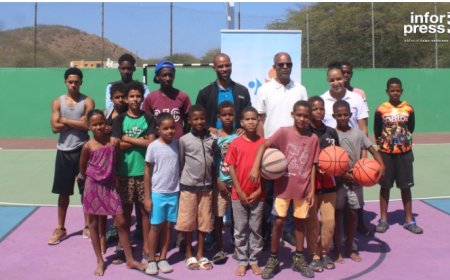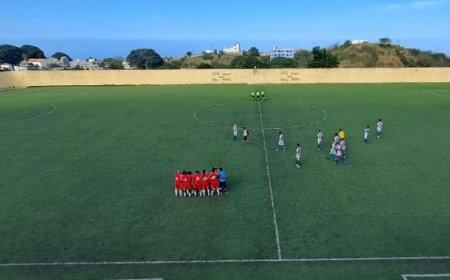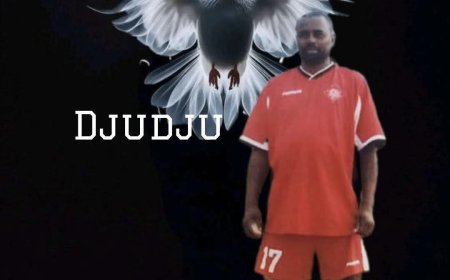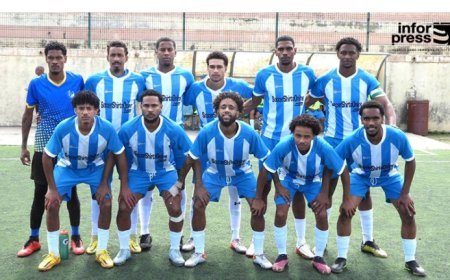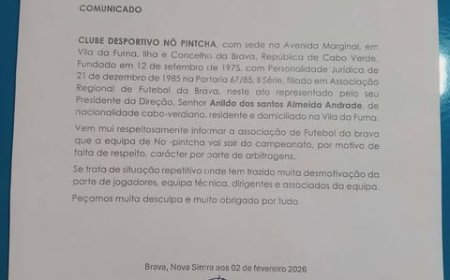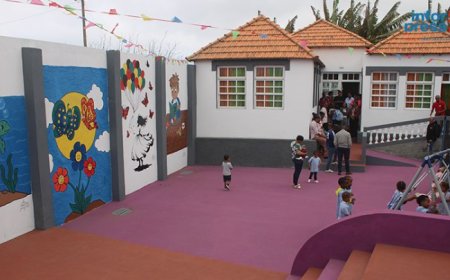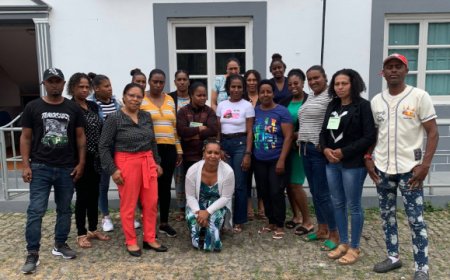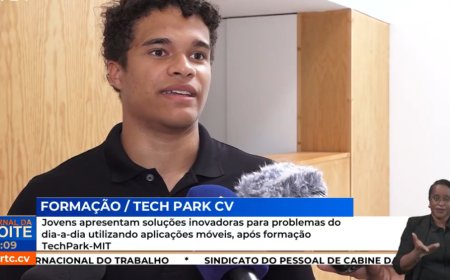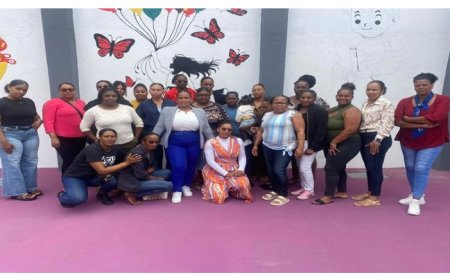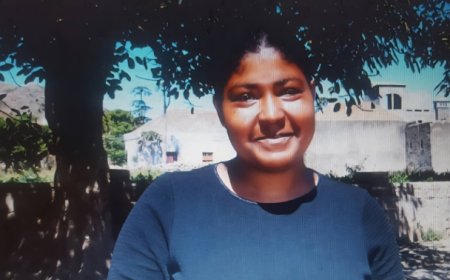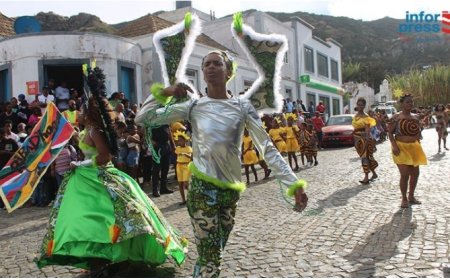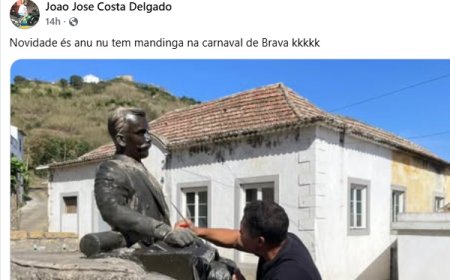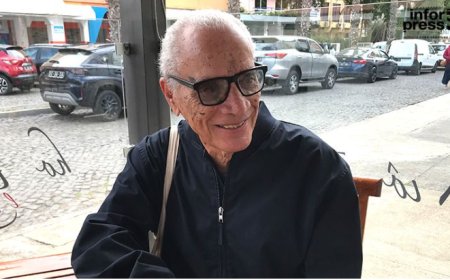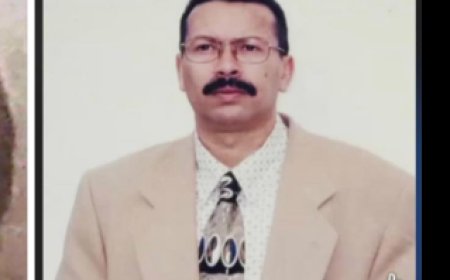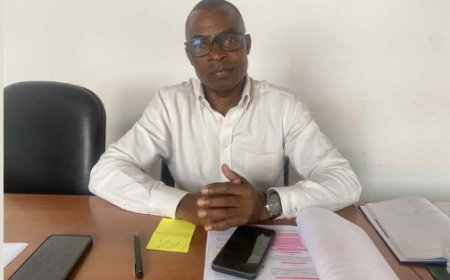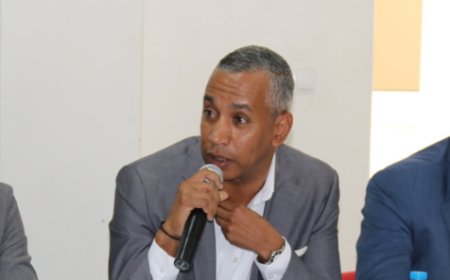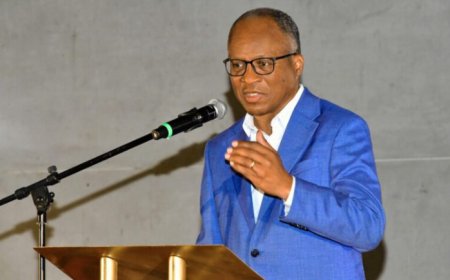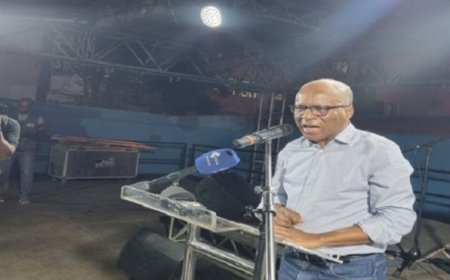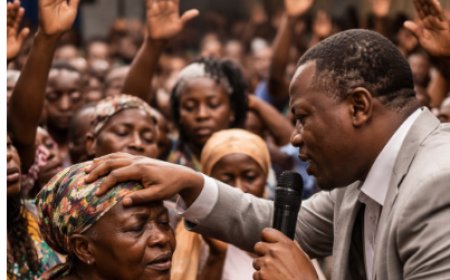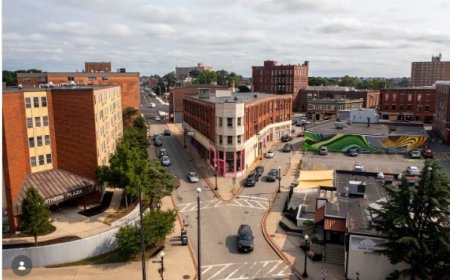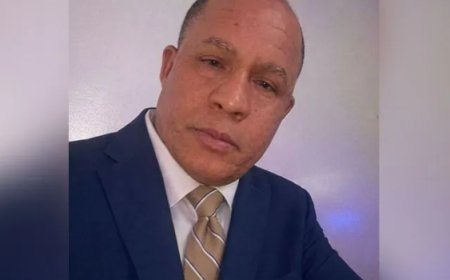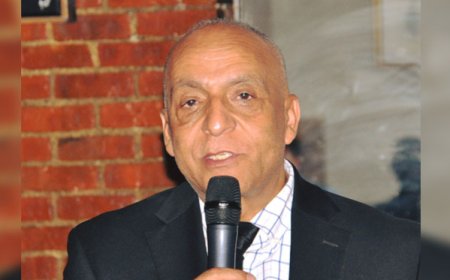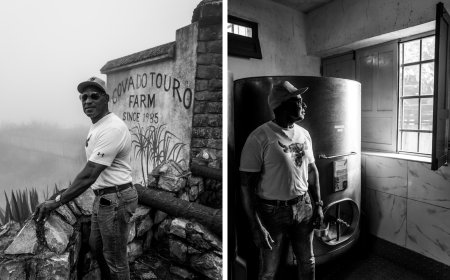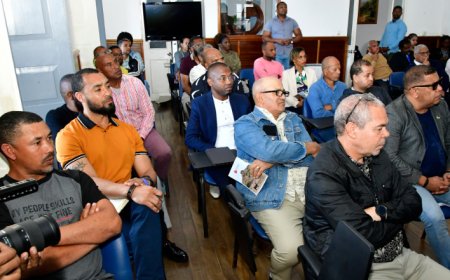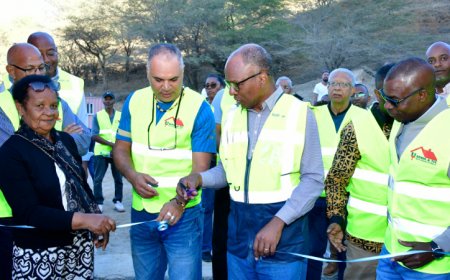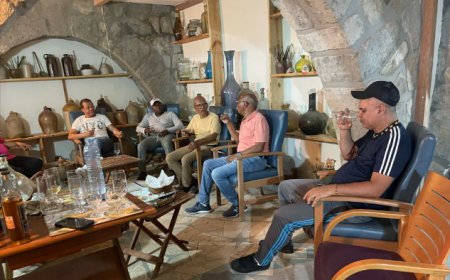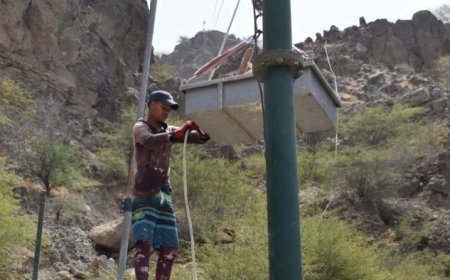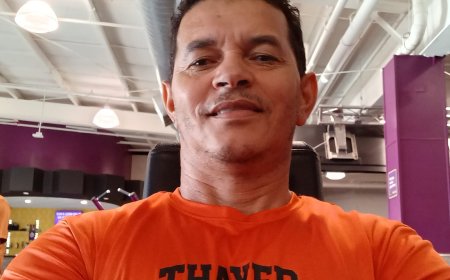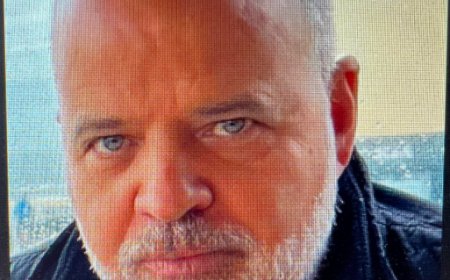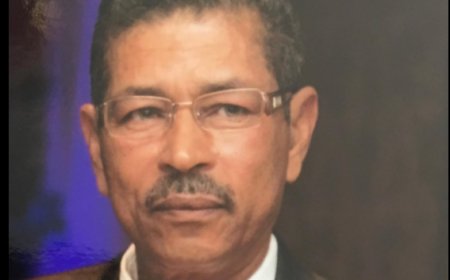Divided by the same cause - The fragmentation of Brava support groups in the United States
City of Pawtucket, August 1, 2025 (Bravanews) - In times of crisis, difficulties and collective challenges, unity is as valuable a resource as material support itself. However, among Brava emigrants living in the United States of America - one of the most active Cape Verdean diaspora communities - a phenomenon has been drawing attention: the proliferation of community groups with the common goal of helping the island of Brava, but which, paradoxically, remain disunited.
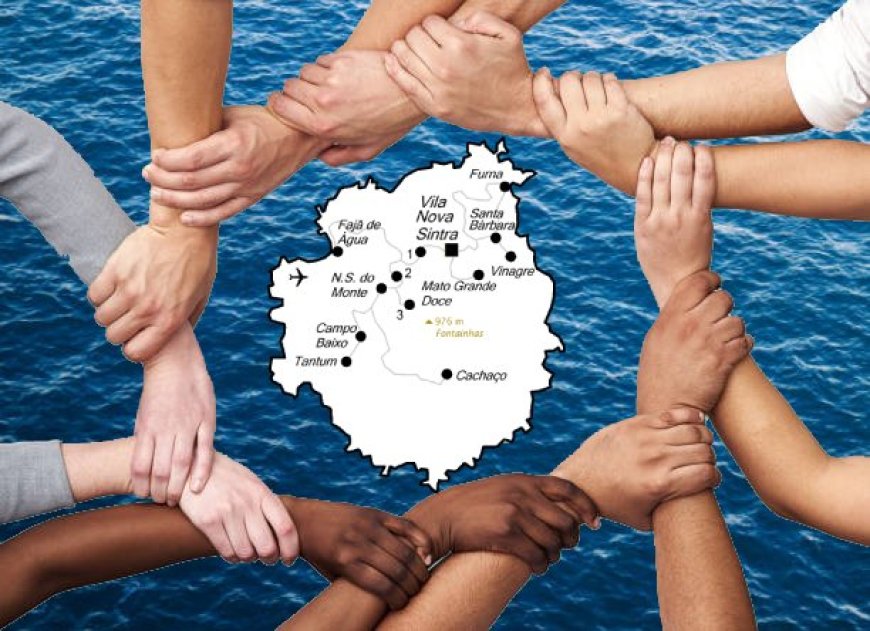
There are currently more than three dozen associations, sponsors, committees and initiatives organized by Bravenses in America, all with similar objectives: to support the island's development, respond to emergencies, contribute to social, educational and health projects, among others. Although commendable in essence, this multiplication of structures with the same goals has generated the opposite of the intended effect: the dispersion of efforts, waste of resources, duplication of activities and, most seriously, a sense of frustration among the diaspora members themselves and the beneficiaries on Brava.
The Brava community in the US has, over the decades, been one of the most engaged in maintaining ties with the homeland. Whether through family remittances, fundraising campaigns or sending parcels with goods, this affective and supportive bond has never been lost. However, the proliferation of groups has revealed a structural weakness: the difficulty in working collectively.
In practice, many of these groups operate almost in isolation, unaware of or ignoring the parallel efforts of other associations. Initiatives are launched without coordination, events are held on the same date, and resources - both human and financial - end up divided between several fronts. As a result, important projects lose momentum, campaigns don't reach the expected targets and, ultimately, the island of Brava doesn't receive the support with the impact it could have.
As an example, I am called upon to support the reconstruction of the Catholic church of Nossa Senhora do Monte, to participate in the 25th anniversary of the Nossa Senhora do Monte nursery school organization, to send resources to Santana de Mato, to support the Lem and Nova Sintra school project, to participate in the Brava Unido group and to play my part in the restoration of the Nova Sintra municipal market.
There are many factors that help explain this lack of unity. Among the most cited by members of the community itself are political and personal differences, the search for prominence (the desire for recognition, prestige or personal visibility leads some people to create their own groups instead of joining existing initiatives), lack of coordination mechanisms (the absence of an "umbrella" structure to serve as a meeting point for the various groups contributes to dispersion) and mutual distrust (cases of mismanagement in the past have created an environment of distrust, leading members of the community to prefer independent initiativess).
This fragmentation has serious consequences. Firstly, it creates confusion within and outside the community. Donors and partners often don't know which group to support, which campaign is more legitimate or effective. Secondly, it demotivates volunteers. Many feel discouraged when they see their efforts duplicated or sabotaged by competing initiatives. Finally, it undermines the community's credibility with official bodies, such as the Cape Verdean government, the Brava Municipal Council, local authorities and international organizations.
In addition, Brava - a small island with a declining population and serious socio-economic challenges - needs structured, coordinated and strategic aid more than ever. With so many scattered resources, there is a risk of missing opportunities for real impact.
It's important to say that this reality is not irreversible. There are possible ways to transform this diversity of groups into a collective force.
Some concrete steps could be:
-
Creating a unifying platform: A council or federation of Brava associations in the US, with representatives from each group, that can discuss and plan joint actions.
-
Information sharing: Holding regular meetings (face-to-face or online), sharing plans and budgets, transparency in objectives and results.
-
Common campaigns: Instead of three dozen campaigns to solve the same problem, channel efforts into joint campaigns, with a clear division of tasks and responsibilities.
-
External mediation: The presence of a neutral entity, such as the consulate, churches or independent institutions, can help mediate conflicts and promote trust.
-
Training community leaders: Invest in training association leaders, focusing on project management, teamwork and conflict resolution.
Unidos Pela Brava, for real
The goodwill of Bravenses in the diaspora is not in question. The love for the island is visible, felt and translated into concrete actions. But goodwill alone is not enough. It takes organization, a common vision and, above all, the ability to put the collective interest above personal vanities and old disputes.
History shows that the greatest advances in emigrant communities have come when efforts have been united. Brava, with its beauty, history and resilience, deserves more than fragmented help. It deserves a cohesive, mature diaspora committed to a collective future.
As the old African proverb says: "If you want to go fast, go alone. If you want to go far, go with company." The time has come for Bravenses in America to go far - together.
Moises Santiago
August 1, 2025





